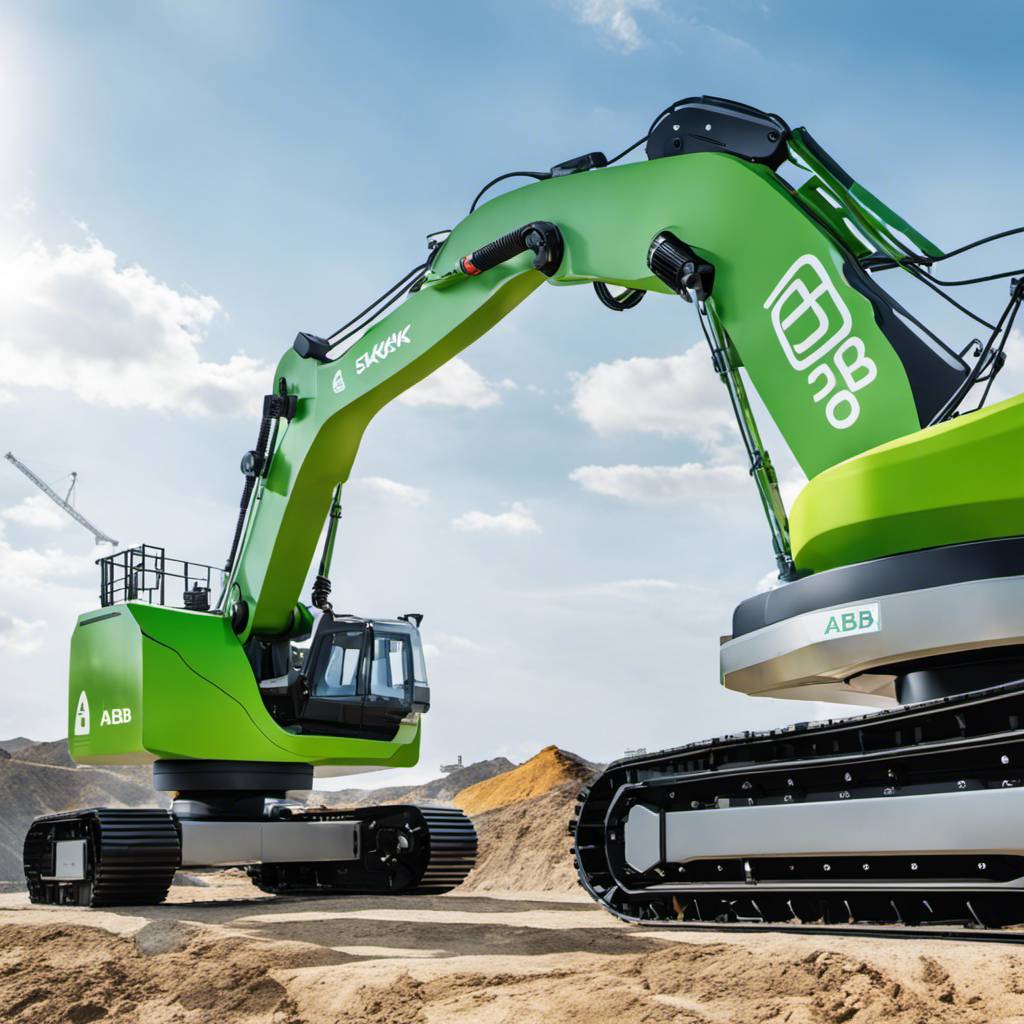In a bid to revolutionize the construction industry and address the growing need for affordable, sustainable buildings, ABB Robotics and Skanska have announced a strategic partnership. This collaboration aims to counteract the environmental impact of construction while tackling labor and skills shortages.
Marc Segura, the president of ABB Robotics Division, expressed his optimism about the partnership, stating that there is a significant opportunity to reform the sector by automating the manufacturing of modular components. He believes that increased and intelligent automation could be the solution to the prevalent labor shortages. This approach will not only enhance productivity but also facilitate customization and promote sustainable and efficient construction practices.
The construction industry is notorious for labor shortages. ABB Robotics reports that in the United States, labor shortages are contributing to a housing deficit of nearly four million homes. Similarly, Germany is projected to experience housing supply shortages in 35 cities by 2030.
The traditional construction sector is grappling with meeting the demand for new homes. Additionally, there is a pressing need to improve the environmental performance and efficiency of buildings. This necessitates the adoption of more sustainable construction methods, such as minimizing the transportation of raw materials to construction sites and eliminating the corresponding costs and impact of removing unwanted materials and waste. It’s estimated that this accounts for up to 25% of the material transported to a building site.
Modular construction, according to ABB Robotics and Skanska, offers several efficiencies. These include reducing material wastage and the number of days lost due to poor weather conditions. Factories also provide a safer working environment, considering that construction workers account for approximately 30% of workplace injuries and are four times more likely to be involved in fatal accidents compared to other sectors.
Despite these advantages, the construction industry lags behind others in adopting automation and robotics. An ABB-commissioned survey involving 1,900 large and small construction businesses across Europe, the US, and China found that only 55% of participants were using robots. This is in stark contrast to other industries such as automotive and manufacturing, where the adoption rates stand at 84% and 79% respectively. Interestingly, the survey revealed that 81% of construction businesses plan to introduce or increase the use of robotics and automation in the next decade.
The partnership between ABB Robotics and Skanska aims to leverage the power of electronics, computers, and cutting-edge programming languages to optimize construction processes. By integrating coding into the construction process, the partnership aims to enhance efficiency, design, quality, and sustainability in modular construction.
In conclusion, Segura expressed his excitement about the partnership’s potential to bring their blueprint to life. He believes that robotic modular construction can support societal changes and elevate modular construction in terms of quality, efficiency, design, and sustainability. This collaboration is a testament to the transformative power of technology and its potential to revolutionize industries.
